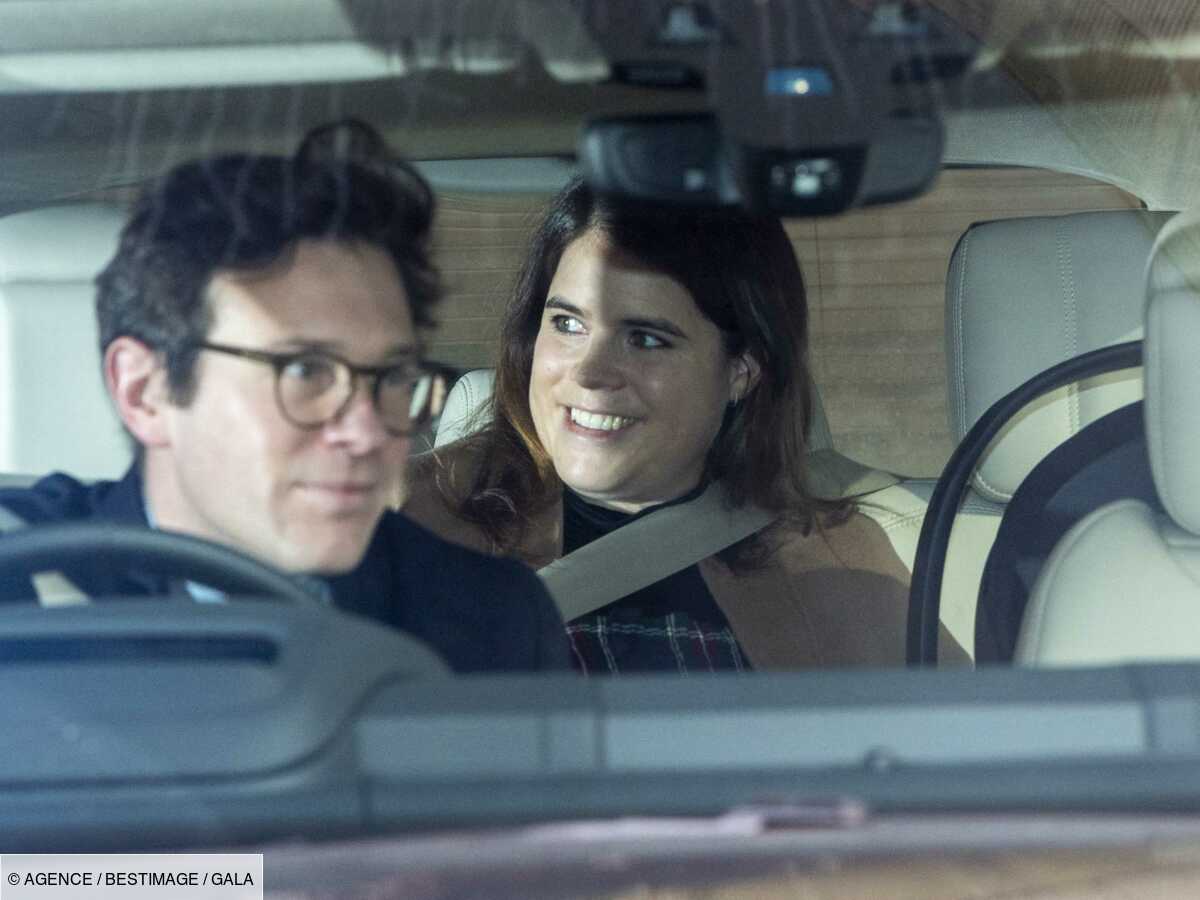Science on Franceinfo on the occasion of your special day on February 18, live from the Cité de l’Espace in Toulouse. To talk about it at the microphone of Emmanuelle Daviet, Matthieu Mondoloni, deputy editor of Franceinfo and Olivier Emond, head of the science, health, environment and technology department. The place of science on Franceinfo, and the work of journalists with researchers to promote access to scientific culture for the general public.
Emmanuelle Daviet: On the occasion of the arrival of the Perseverance robot on March next February 18, you produce a podcast “Mars, the new Odyssey”. This podcast enriches the scientific content offered to listeners. Next Thursday when the robot will land on Mars, how is the editorial staff mobilizing to follow this advance in space exploration?
Matthieu Mondoloni: We are simply going to leave in a special edition, space edition even Emmanuelle with a 9 p.m. midnight relocated from Franceinfo to the Cité de l’Espace in Toulouse, with Julien Lenglet and Olivier Emond, where we will follow the arrival of this Perseverance probe and we will mark throughout the day, also by several meetings, this special day, we will have in particular in the morning 7:40 am Jean-François Clervoy, the French astronaut who was in space, who will come to testify, and Olivier Emond and Julien Lenglet will also appear throughout the day on this antenna to tell us about this historic moment.
Emmanuelle Daviet: Did you start with the Olivier Emond podcast?
Olivier Emond: Yes, the idea of this type of historic moment, as Matthieu was saying, at the moment, to put a machine and a kind of automobile on Mars: that does not happen every day. The last time was 2012 with Curiosity. The idea is to be able to tell things. And the podcast is really the right format. We have more time, we can go and see people that we would not necessarily have directly on a daily basis. So there, we propose seven episodes to retrace in a certain way the history of the Martian conquest until today, until the arrival of Perseverance. We are even thinking about the aftermath since we are also thinking about possible human journeys to Mars, in the next 10, 15, 20, 30 or 40 years.
Emmanuelle Daviet: More generally, what is the place of science in Franceinfo?
Matthieu Mondoloni: This is an increasingly important place, especially since the start of the school year, for us at Franceinfo, since we have created a dedicated service that we have called Sciences, Health, Environment and Technologies. So, it seems quite broad, put it like that, but we have journalists specializing in different fields. Health, of course, with the pandemic. The current epidemic is essential. But these subjects, especially space, are also subjects that are close to our hearts and that we deal with quite regularly on Franceinfo’s antenna.
Emmanuelle Daviet: Olivier Emond. It is rare for journalists to have a scientific background or culture. This is a finding shared among the general public, but also editorial staff. At Franceinfo, what are the levers put in place to remedy what may appear to be a deficiency at the present time? Are there bridges established between the world of journalists and that of researchers? How do you work together to understand the imperatives, the requirements of our respective businesses?
Olivier Emond: I don’t believe that there is anything specific for science journalists. Economic lawyers do not have more training in economics, inevitably, sports journalists have not all played high-level sport, come out of Insep. So I think the principle is in the interest of setting up services and therefore of dedicating the time of certain journalists to a subject, it is to be able to specialize and specialize. It means embracing a whole field of current affairs, knowing roughly how it works. For example, when you are a specialist health journalist, knowing what the ARS is, knowing what the HAS is. How do you do a study on a drug? How it is monitored, etc. The same goes for space. How do people work? It is a real job of specialization, that is to say taking time. And it’s true that we are living a special year in this regard, since it is almost the first time that we have been doing science live. So, we must basically always remember that science is a truth at a moment T, that it can change. That’s even the point, the interest is that other researchers seize a truth and tell us, we have found other things, that there is a scientific method and that we must above all, be as transparent. In fact, the interest is to have more time in a field to be able to specialize, to be able to learn things and be in contact with these researchers, to exchange with them and to multiply the sources. But this is the basic principle of any journalist.
« On the occasion of the arrival of the Perseverance robot on Mars, franceinfo is joining forces with the Cité de l’Espace in Toulouse and is launching the podcast “Mars, the new odyssey”. A series of 7 episodes to understand and analyze the objectives and research of the robot but also to wonder about this distant neighbor: what do we really know about Mars? Is it habitable? Will we be able to travel there one day? … Explanatory and original content to be found now in podcast.«
–


